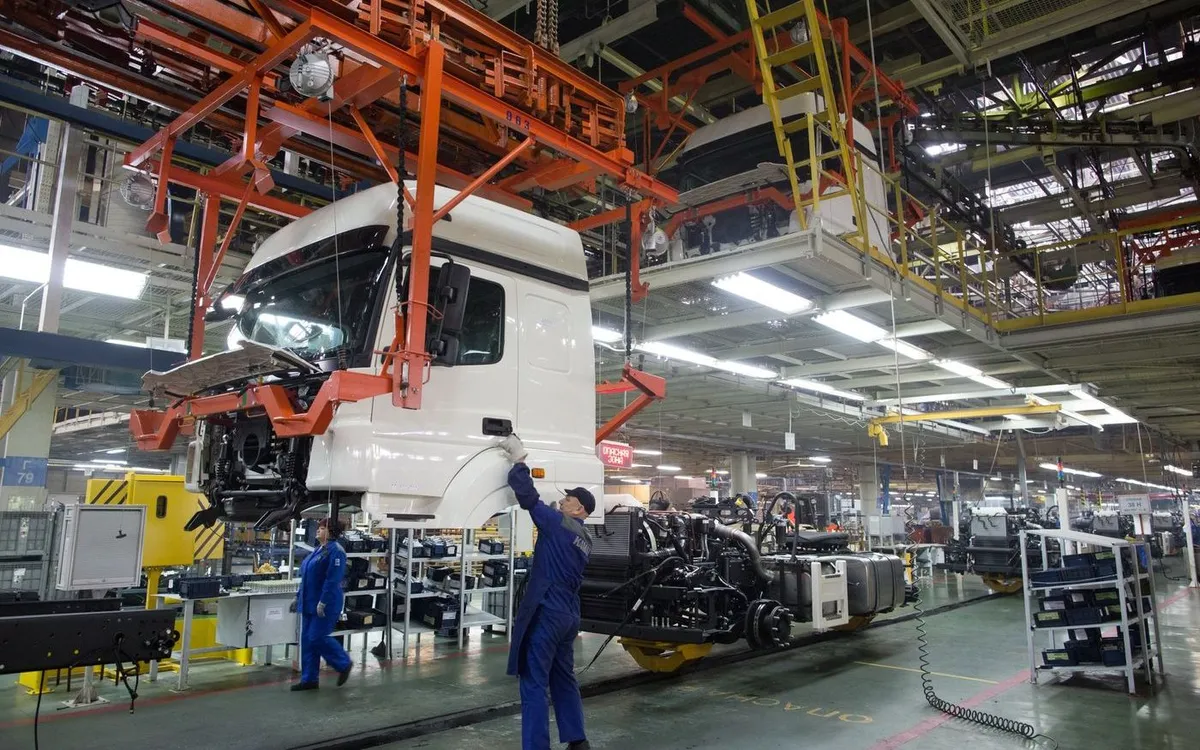
Illustration photo - Photo: Bloomberg.
Russia is once again preparing for major changes. On October 22, in its first reading, the Russian State Duma passed a bill to increase value-added tax (VAT) to 22%, starting from January 1, 2026. Along with that are new regulations, including a sharp reduction in the tax threshold under the simplified tax system.
The tax changes in 2026 will affect millions of entrepreneurs – from small cafe owners to large manufacturing companies. According to RIA Novosti, the increase in VAT from 20% to 22% will affect almost all sectors. The exception is socially important goods such as food, medicines, medical equipment and children's goods, where the preferential rate of 10% will remain.
Gazeta experts estimate that the new tax rate could add 1-1.2 trillion rubles (approximately $13-$15 billion) to the budget each year. This measure would provide a sustainable source of funding to cover fixed costs. In 2024, VAT will account for nearly 37% of federal budget revenues.
Many Russian newspapers ask the question: Is the increase in VAT rates in 2026 a way to supplement the budget or a tool to put pressure on businesses? The answer is clear: both!
The shock for small and medium-sized enterprises in Russia is the reduction of the taxable turnover threshold by six times, from the current level of 60 million rubles/year to 10 million rubles from next year (ie from 19 billion VND to only 3.1 billion VND). According to Reuters, this measure could affect 700,000 entrepreneurs, or 1 in 10 small business owners in Russia.
The increased tax burden leads to increased costs and changes in pricing policies. Businesses will have to adjust the prices of goods and services to compensate for the increased tax costs. Klerk, a publication specializing in accounting and taxation, worries that businesses will be able to fragment into many legal entities and the underground economy will develop more strongly.
According to the Central Bank of Russia, the VAT increase may cause inflation in December and January, but in the long run, raising taxes is still much better than increasing the budget deficit and increasing debt.
Russian businesses are facing a major wave that could see a complete restructuring of their models. According to experts, changes to Russia's tax code for 2026 are a signal to businesses: "Comply with the rules or leave the market."
Source: https://vtv.vn/doanh-nghiep-nho-o-nga-truoc-con-song-thue-moi-100251028155802442.htm


![[Photo] National Assembly Chairman Tran Thanh Man received a delegation of the Social Democratic Party of Germany](https://vphoto.vietnam.vn/thumb/1200x675/vietnam/resource/IMAGE/2025/10/28/1761652150406_ndo_br_cover-3345-jpg.webp)


![[Photo] Draft documents of the 14th Party Congress reach people at the Commune Cultural Post Offices](https://vphoto.vietnam.vn/thumb/1200x675/vietnam/resource/IMAGE/2025/10/28/1761642182616_du-thao-tai-tinh-hung-yen-4070-5235-jpg.webp)
![[Photo] Flooding on the right side of the gate, entrance to Hue Citadel](https://vphoto.vietnam.vn/thumb/1200x675/vietnam/resource/IMAGE/2025/10/28/1761660788143_ndo_br_gen-h-z7165069467254-74c71c36d0cb396744b678cec80552f0-2-jpg.webp)


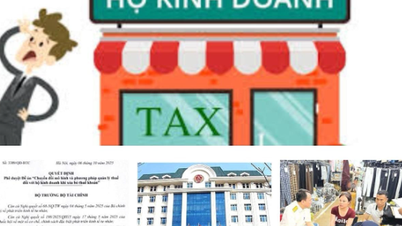









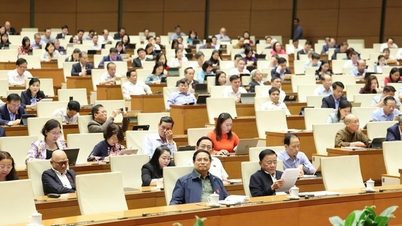

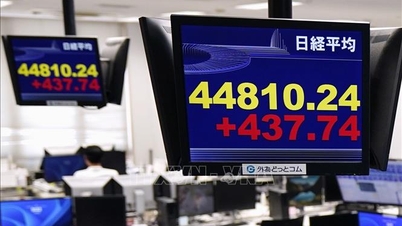
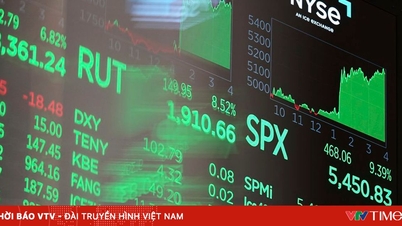
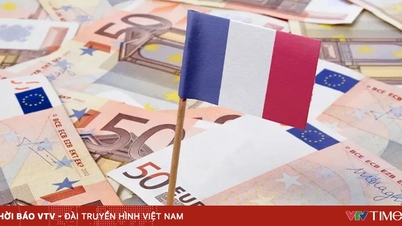
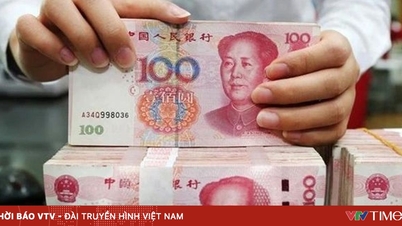





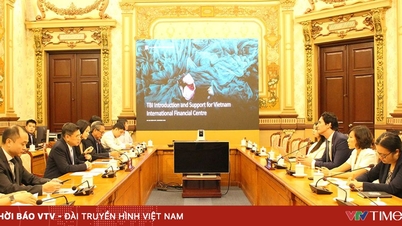
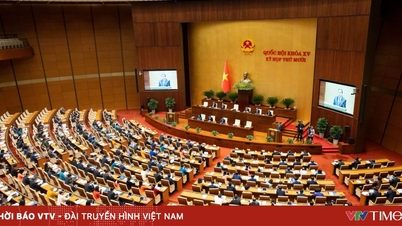



![[Photo] President Luong Cuong attends the 80th Anniversary of the Traditional Day of the Armed Forces of Military Region 3](https://vphoto.vietnam.vn/thumb/1200x675/vietnam/resource/IMAGE/2025/10/28/1761635584312_ndo_br_1-jpg.webp)

































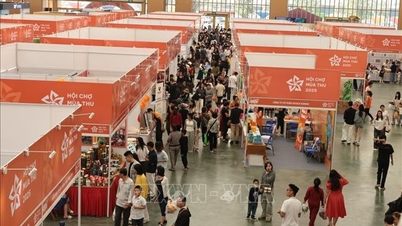
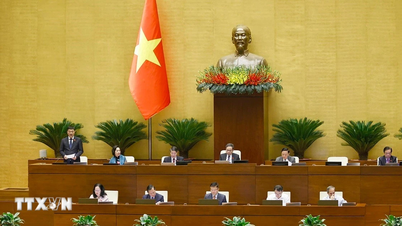

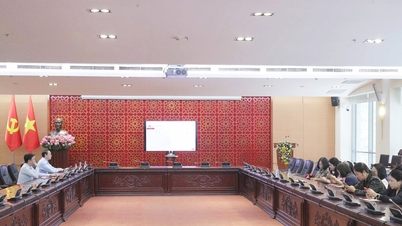













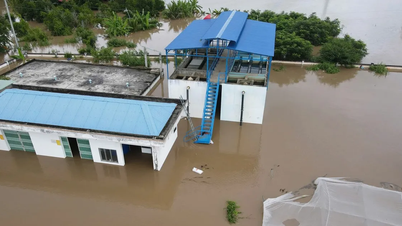























Comment (0)